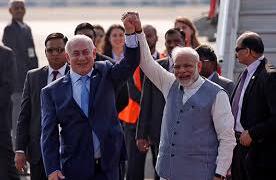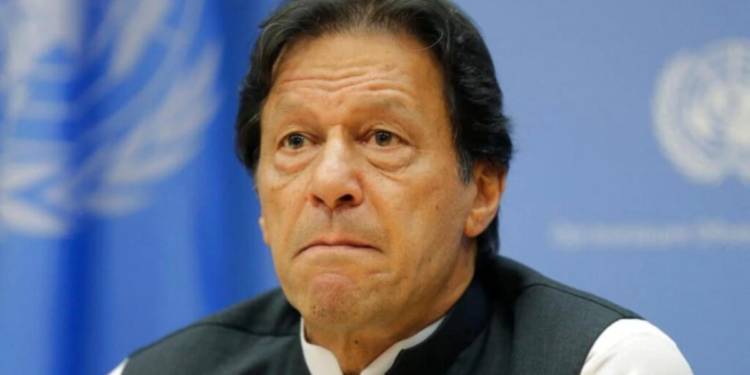Tensions keep rising at the Line of Actual Control (LAC)- effective Sino-India border. And as India matches up to Chinese aggression at the LAC, it is Islamabad which stands to lose because the CPEC is all set to die a second death.
Pakistan’s economy is irreversibly damaged by rising debt obligations. This is common knowledge and needs no emphasis, but what the border confrontation between India and China does is cast a shadow over the China Pakistan Economic Corridor (CPEC)- a flagship of Xi Jinping’s expansionist intercontinental infrastructure programme, the Belt and Road Initiative (BRI).
As tensions between India and China escalate, and New Delhi and Beijing keep fighting at the LAC, the Dragon will be ultimately compelled to stall or slow down progress on the already slow and corruption-ridden CPEC project.
Pakistan has been unable to revive its economy, and it has lost its hope, so it decided to sell itself to Beijing through the CPEC.
The BRI project which was originally valued at 46 billion US dollars is now estimated to be as big as 87 billion US dollars.
But the project has remained in tatters, and according to Los Angles-based geopolitics expert, Preity Upala, the CPEC is going to emerge as the “trillion-dollar blunder.”
The CPEC had generated a lot of enthusiasm within Pakistan’s political establishment, but the Chinese infrastructure programme has failed to pick up. Only a quarter of the CPEC projects have been completed till date.
Islamabad was hoping that the construction of brand-new transport networks, energy projects, and Special Economic Zones (SEZs), would resurrect its dipping economy and modernize its outdated infrastructure.
But according to the Center for Strategic and International Studies, these SEZs have remained largely empty.
Even apart from the border skirmishes between India and China, the CPEC is riddled with many obstacles. Khyber Pakhtunkhwa Provincial Assembly has passed a resolution against the CPEC. Many of the CPEC projects are to be constructed here.
In Western Pakistan, the Baloch freedom fighters regularly attack Pakistani and Chinese occupiers which poses a major threat to key CPEC investments such as the Gwadar port.
The debt quotient of the CPEC is humongous at 80 billion dollars, and Pakistan has to pay 90 per cent of this debt amount as the national debt.
Islamabad knows that it won’t be able to repay China, and ultimately the Dragon will execute its colonial schemes of taking over the projects with unsustainable debt obligations.
This is what China does everywhere with its BRI project- “debt trap” and Pakistan is no exception. But Pakistan doesn’t mind because it neither has the capacity nor the will to stand up to the revisionist plans of its “all-weather ally” China.
China itself plans to bypass going around India in order to reach its trade routes in the Indian Ocean Region (IOR). The CPEC connects the far Western Chinese province of Xinjiang to the Gwadar port in Pakistan occupied Balochistan. This is why CPEC is crucial to China.
If India and China continue fighting in Eastern Ladakh, Beijing will give up its expansionist plans in Pakistan. No country can afford to keep working on a massive infrastructure project whilst handling a live effective border. The cost overruns are huge, and any delay in the CPEC projects will lead to higher costs and also higher debt obligations.
Moreover, as New Delhi goes more and more assertive against an aggressive People’s Liberation Army (PLA), the CPEC itself risks getting mired in trouble.
The CPEC passes through Aksai Chin (read “China occupied Ladakh”) and Gilgit-Baltistan. Both of them are Indian territories, illegally occupied by China and Pakistan respectively.
India has grown assertive about its territorial claims. Last year, it abrogated Article 370 scrapping the special status of the erstwhile state of Jammu & Kashmir.
Later, India had also released a political map strongly asseverating India’s territorial claims and geopolitical goals. As tensions rise between India and China, the possibility of New Delhi highlighting the illegality of CPEC cannot be ruled out either.
An incomplete CPEC is a major catastrophe for Pakistan, exacerbating its economic woes. Despite rising debt and costs, Pakistan will never be able to say no to China, because China is too big a giant for Islamabad to confront.
Unable to discharge its debt obligations, Pakistan will have to pay with more and more land, as it doesn’t really have the money to pay up for the cost-inefficient infrastructure programme.




























